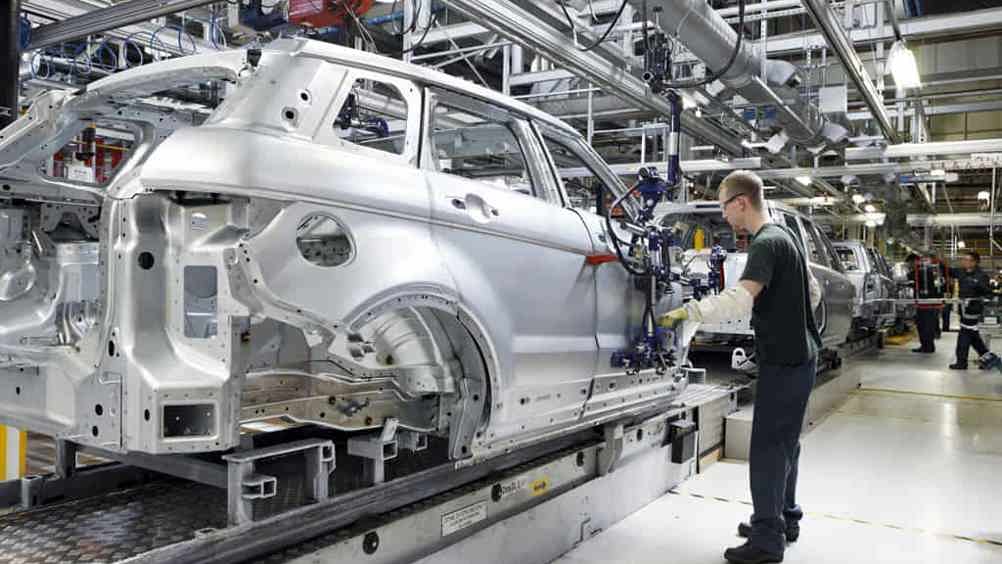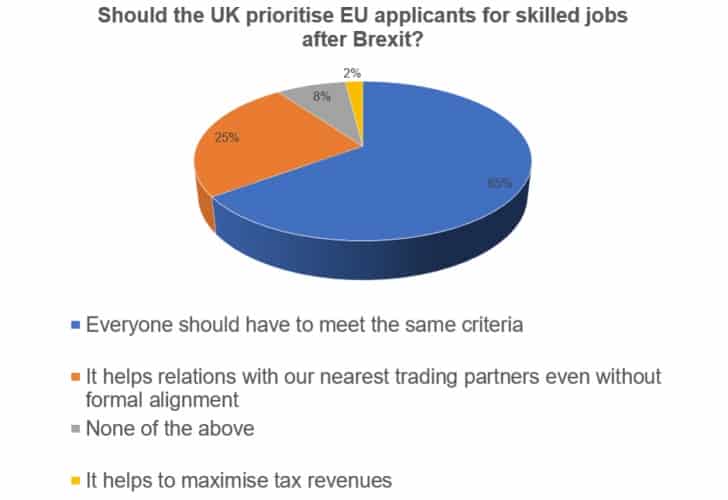Last week’s poll: managing immigration after Brexit
Should migrants from the European Union have priority to enter the UK after we leave the union?


In a policy announcement at last week's Conservative party conference, the government declared that EU citizens will no longer be given priority to live and work in the UK after Brexit. As a consequence, UK citizens may have to apply for visas to work and travel in Europe.
A recent report from the government's own Migration Advisory Committee, concluded that EU immigrants contribute more to the economy and use less public services than migrants from outside the EU. It also found no evidence that immigration had significant impact on overall employment and unemployment of the UK-born workforce, although on the latter point it conceded that impact may vary between lower-skilled and higher-skilled workforces.
Despite the statistics, respondents to our poll overwhelmingly backed a merit-based system where the same criteria are applied to all potential immigrants, regardless of nationality. A significant majority of 65 per cent favoured this option in last week's poll, ostensibly showing support for the government's declared position. A quarter of respondents signalled that priority for EU citizens should be maintained on the basis that it smooths relations with our closest trading partners, while just two per cent felt EU citizens should be prioritised to maximise tax revenues.
Register now to continue reading
Thanks for visiting The Engineer. You’ve now reached your monthly limit of news stories. Register for free to unlock unlimited access to all of our news coverage, as well as premium content including opinion, in-depth features and special reports.
Benefits of registering
-
In-depth insights and coverage of key emerging trends
-
Unrestricted access to special reports throughout the year
-
Daily technology news delivered straight to your inbox










Water Sector Talent Exodus Could Cripple The Sector
Maybe if things are essential for the running of a country and we want to pay a fair price we should be running these utilities on a not for profit...